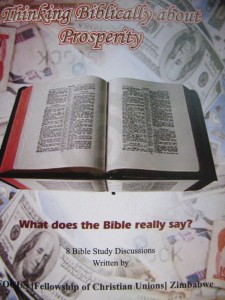(written by Nick Addo, IFES Chief Financial Officer)
“Now then, just as the Lord promised, he has kept me alive for forty-five years since the time he said this to Moses, while Israel moved about in the wilderness. So here I am today, eighty-five years old! I am still as strong today as the day Moses sent me out; I’m just as vigorous to go out to battle now as I was then.” (Joshua 14: 10-11)
In the 70s, one big challenge for the Ghanaian student movement (UCF as it was then) was how to respond to a disturbing trend: Christian graduates losing their faith soon after leaving university. One way in which they addressed this was to promote the example of Caleb – who at 85 was just as fervent about his faith as he was 40 years earlier when he took a clear stand against the majority view (Numbers 14). At that time, as a first-year student, I embraced what became known as the “Caleb spirit” – the desire to be as passionate and fervent about my faith 40 years later.
Looking back, I can see the awesomeness of God’s grace extended towards me; I can identify countless times when at critical moments in my life, I unknowingly made the right choice. Note the word, “unknowingly” – these choices did not reflect my preferences at that time. On joining UCF, for example, I became a part of the Prayer Warriors Group in spite of the group leader’s repeated comments that this group was not for me since I was not a prayer giant. At that time, prayer was one area in which I really struggled. As if that was not enough, in my second year, I was paired to the new group leader as roommate. Now I had no choice. I had to pray not just at group meetings and retreats but regularly with my new roommate. How does one explain this if not grace?
As I went on to experience God’s guiding hand in my professional life, the Caleb spirit in me was strengthened. For over 15 years I have been working in a finance role in Christian organisations. I remember one director calling me into his office to show me an expense claim and to ask why he should not be making similar claims himself. Using the example of Caleb in Numbers 14, I explained that the majority are not necessarily right. Why did he ask me? I was not even the head of finance, but he had observed a little of the Caleb spirit in me. This director has now retired and recently accepted the invitation to pastor a major evangelical church. As he told me this, he reminded me of our conversation many years earlier over that expense claim and the challenge to live the Caleb spirit.
Oh how I pray that I will be just as fervent about my faith in my 70s and 80s! Praying that will be your prayer too.



